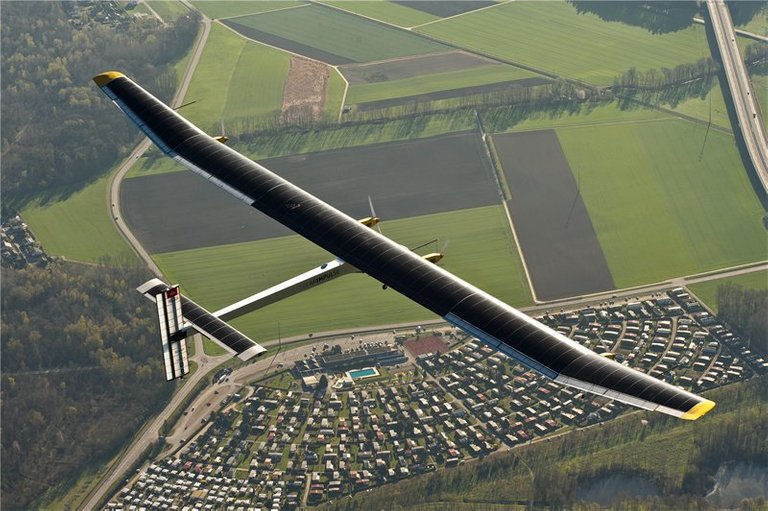The pilots and founders of Solar Impulse — a solar-powered aircraft, to circumnavigate the world flights — are predicting that within 10 years there will be the first passenger electroanalyt. They will be able to take on Board not more than 50 passengers and fly for a short distance.
"This is the beginning of a new cycle," says pilot Bertrand Piccard, the name referring to the aircraft flying without fuel, batteries that are charged by solar panels.
Piccard and co-pilot Andrew Borschberg almost made unique, the 35,000-mile round the world flight that began last year. Odyssey was interrupted due to a faulty battery during a flight from Japan to the Hawaiian Islands. The mission will end when the plane landed in Abu Dhabi. This should happen within two weeks.
The 2.3-ton plane Solar Impulse is equipped with 17 248 solar cells and 4 rechargeable Li-ion battery connected to the electric motor running the propeller. Batteries needed for the flight at night, when the plane is losing altitude slightly. Solar panels provide the energy the aircraft day and charge my batteries for the night.
Solar Impulse demonstrated the boundaries of the possible. Now the industry needs to take the next step... it will be Interesting to see who will make it first," says Picard.
Picard and Borschberg realize that passenger planes can't fly only on solar panels, yet it is unattainable. But they see the potential of using electric motors for passenger transport. Electric motors with their efficiency of 97% was too good to ignore, they say.
The pilots compared their flight with the achievement of the Wright brothers in 1903, the plane which flew too slowly with only one passenger and in good weather conditions. However, the Solar Impulse became the first to cross the Pacific ocean after 5 days in a row, writes CleanTechnica.
The next step will be a project to develop "unmanned aircraft solar-powered". "After 3 years we will have the first flying prototype," says Borschberg.

Beautiful post